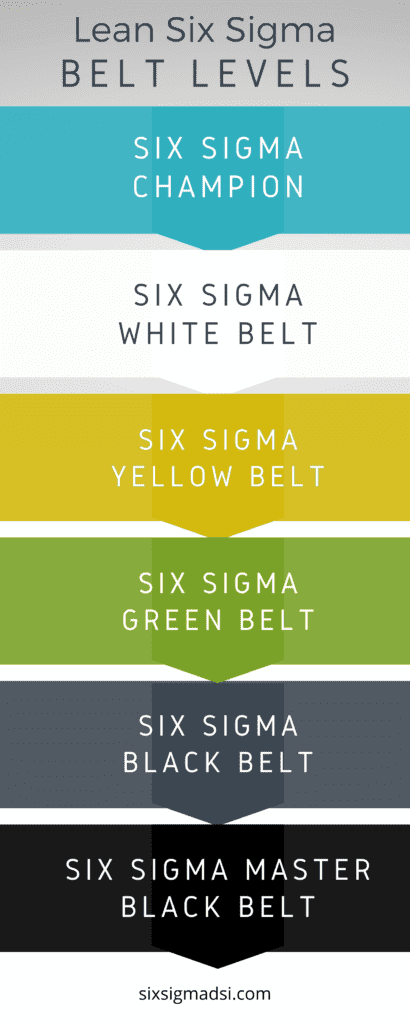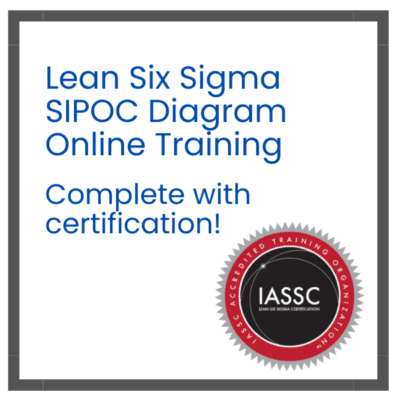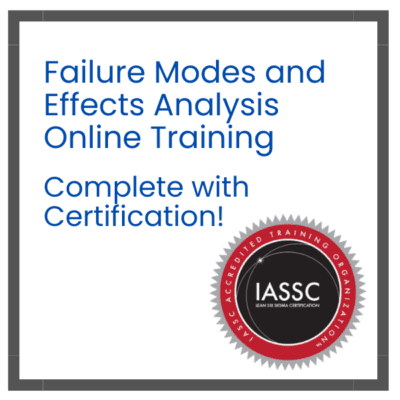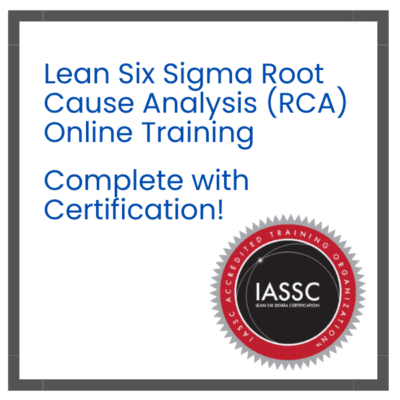Table of contents
Lean Six Sigma vs. PMP
Lean Six Sigma vs PMP are proven to be effective in turning around failing companies or improving existing organizations’ costs and process levels.
Both strategies are aimed at achieving better results in business. Both have different approaches to this goal.
Six Sigma is an approach to identifying defects and variations within a process. Using Six Sigma techniques and tools, an organization is able to reduce errors, increase efficiency, decrease costs, and produce better products.
Project management is the process of creating and managing projects to ensure that they are completed on time, within budget, and that the outcome matches the original goal.
Six Sigma certifications are available in different colors. Project Management Institute (PMI) offers certifications for those who wish to specialize in project management.
The certifications can elevate the employee’s status within the organization, and make him or her more attractive as a candidate for leadership positions.
What is a Lean Six Sigma Certification?
A Lean Six Sigma certification is a sign of competence and expertise in the Six Sigma project management approach. The PMP credential is for all project managers, regardless of industry. However, the Six Sigma certificate is for this specific method of managing manufacturing processes. Six Sigma professionals focus on specific operations or aspects of a project in order to reduce defects, production errors, and variations. This method helps improve the quality of products and services.
The number of certifications earned by PMP and Six Sigma is another difference. Six Sigma certification is more complex than the PMP credential. Each level represents a colored belt for which you may earn a certificate. Six Sigma master belts are often held by professionals who manage teams or lead projects using this method. The master black belt is the highest level, and the white, yellow green, and black belts are the next levels. However, you can earn any of the Six Sigma certificates in any order.

What is a PMP Certification?
PMP certifications are another credential that project managers can obtain to demonstrate their leadership skills and ability to manage projects. The PMP certification is a single credential, as opposed to the different levels of Six Sigma certifications. It signifies mastery over several key concepts in project management including the initiation phase, planning, implementation, monitoring, controlling, and closing phases.
The PMP test tests a professional’s knowledge of the standards and best practice outlined in the Project Management Body of Knowledge. The Project Management Institute is the only certification body that awards the PMP and maintains PMBOK standards and the PMBOK.
Key Differences Between Lean Six Sigma and PMP Certifications
Six Sigma and PMP certifications are both related to project management but there are some key differences between them:
Focus on certification
The focus and intention of each credential are what make the biggest difference. Six Sigma is more focused on eliminating or reducing defects in a process than managing project work. The PMP, on the other hand, aims to increase the success rate of projects completed according to budgets. deadlines and scope.
Project and Process Management
Although both credentials can be beneficial to project managers, their overall purposes are different. Six Sigma certifications are designed to provide data-driven methods to identify and resolve risks in operations. This approach to process management identifies specific activities that may pose a challenge to quality and efficiency. In contrast, the PMP’s purpose is to support project work at all stages, from initialization through to completion of a project life cycle. The Six Sigma approach is used to manage the teams in this project management method.
Applications of Industry
The application of the PMP in different industries is another key difference. The PMP allows you to demonstrate your skills as a project leader in any industry. This includes technology, business management, sales, and marketing. Six Sigma is most common in manufacturing, where it helps improve product quality.
Available and required
The availability of each certification is another important difference. The Six Sigma certification can be obtained through many organizations, whereas the PMP is available only through PMI. Each exam has different eligibility requirements. For example, to be eligible for the PMP exam you must have around 4,500 professional hours in project management and complete project management training from a PMI-approved provider.
Six Sigma certification requirements differ depending on which level you are pursuing. As an example, a green belt requires several years of experience in project management. A black belt requires experience with the Six Sigma methodology.
Similarities Between Lean Six Sigma and PMP Certifications
Both certifications may have the same characteristics including:
Project Management Focus
Although they use core principles in different ways, both certifications are aimed at improving project management methods. Both the Six Sigma credential and the PMP credentials are beneficial to project managers as they both demonstrate competency and knowledge of the nuances of project management processes. Managers can plan better and achieve important goals with the help of Six Sigma concepts that eliminate waste and defects, and PMP principles for initiating, overseeing, and completing projects successfully.
Expertise levels
The level of project management expertise is another characteristic that can be compared between the PMP and Six Sigma credentials. To be eligible to take the exams, both certifications require that you have experience managing processes, projects, and workflow. No matter which certifications you are considering, it is important to improve your skills in leading teams, integrating improvement strategies, and supporting business goals.
Recognition of International Standards
Six Sigma and PMP certifications are both internationally recognized. Professionals with Six Sigma or PMP credentials can use their credentials in other countries that recognize international employers’ levels of expertise. This international recognition can lead to more job opportunities across diverse work environments.
Benefits
Both certifications can also support your career growth. Many employers will prefer to hire PMP and Six Sigma-certified project managers than candidates without these credentials. Both certifications can also lead to higher salaries since some employers will offer a substantial salary for professionals with these certifications. The PMP or Six Sigma certifications can help you advance your career, and even lead to promotions.

How They Work Together
Six Sigma professionals who earn a PMP (r) can gain value, while a project manager with a Six Sigma certificate can also benefit. Together, practitioners can identify problems and use project management to implement the best solution.
A Six Sigma Black Belt is an expert in using proven methods to solve problems.
Black Belts work like detectives in the business world; they are called in to find out why a certain process isn’t working properly or at its full potential. They don’t know what they are going to find at first. They eventually lead a group that identifies defects, eliminates those defects, and creates an improved, sustainable process.
Employing people with Six Sigma certification and project management may be a huge advantage to any organization. Both certifications will make individuals more qualified to work in high-level positions and help them achieve strategic business goals.
Tips to Choose The Best Option For You
Considerations can help you decide which certification to pursue.
- Consider your career goals. You should consider how each certification will help you reach your career goals. Professionals who are looking to advance in their careers as project managers might find that the PMP is more appropriate, while those advancing into operations management could benefit from Six Sigma certification.
- Assess your professional knowledge. Take into account your experience with Six Sigma or project management in general. Professionals with a broad knowledge of project management may choose to pursue the PMP certification while those who are experienced in Six Sigma implementation might pursue these certifications.
- Compare career options. PMPs are suitable for project leaders in many different career fields. This means that there are diverse opportunities. Six Sigma offers many opportunities for employment and it can be applied to almost all industries. It makes the cost of the lean six sigma certification well worth it.
Are you interested in starting your career in Lean Six Sigma?
Leave a comment down below. We can help!




















Hey there,
I just finished reading your article on Lean Six Sigma vs. PMP, and I have to say it was an eye-opener. I’ve been contemplating which path to take in my career, and your insights have given me a lot to think about.
Your breakdown of the differences in approach, methodologies, and even the job prospects for both Lean Six Sigma and PMP was incredibly helpful. I loved how you presented the pros and cons so objectively. It feels like you’ve been through the same decision-making process, and your guidance carries a lot of weight. I’ve been leaning towards PMP, but now I’m reconsidering the benefits of Lean Six Sigma too. Your article has put me on a clearer path, and I can’t thank you enough for that. Looking forward to more of your articles to help guide my career choices. Keep up the great work!
Warm regards,
PMaspire